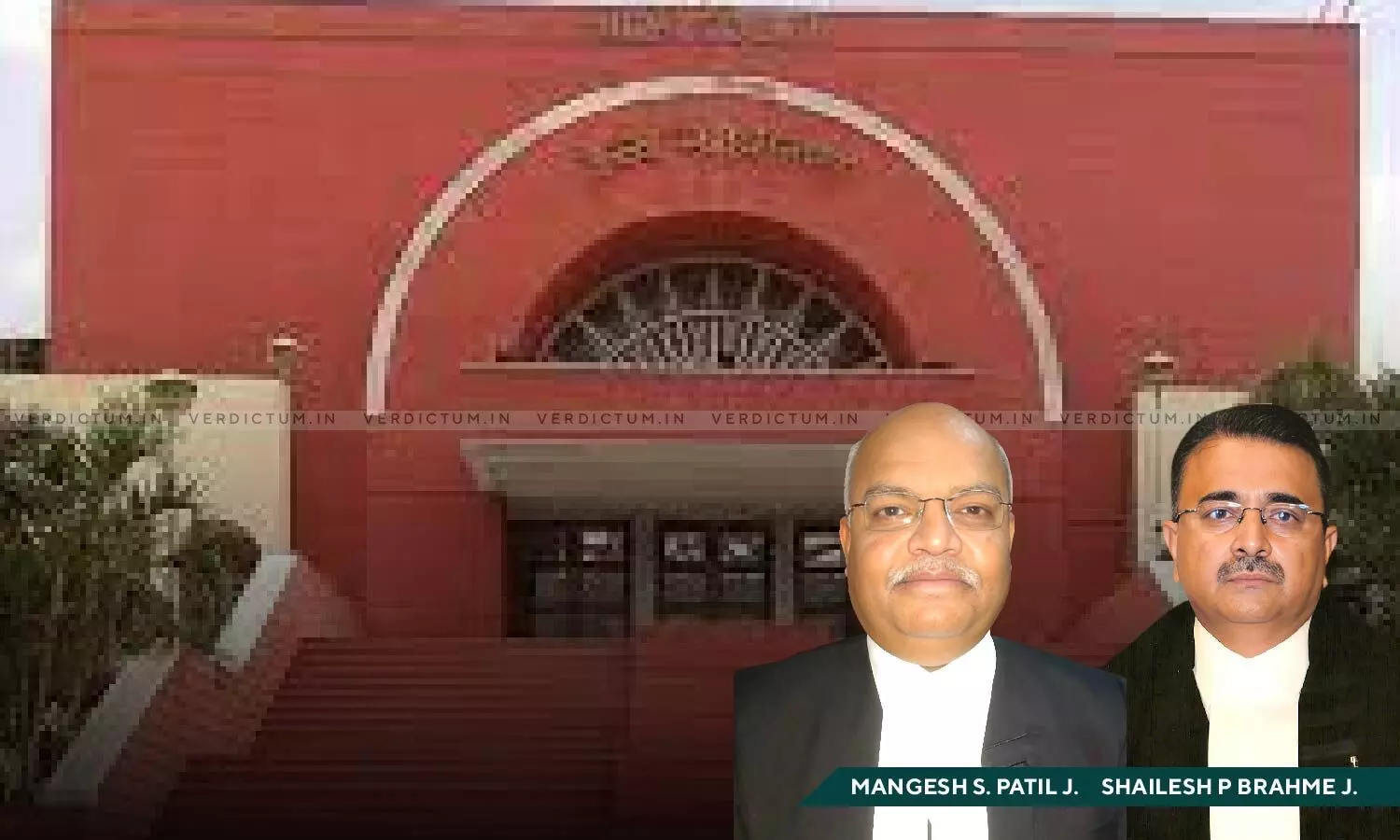
Minority Institutions Can't Be Allowed To Subject Themselves To RTE Act, Even If They’re Ready & Willing: Bombay HC
 |
|The Bombay High Court observed that minority institutions are not allowed to subject themselves to the provisions of the Right of Children to Free and Compulsory Education Act, 2009 (‘RTE Act’) as it would be in stark violation of the law.
The Division Bench of Justice Mangesh S Patil and Justice Shailesh P Brahme held “If the petitioners being minority institutions are allowed to subject themselves to the provisions of the RTE Act, it would be in stark violation of Section 1(5) as also Pramati Education and Cultural Trust’s decision (supra). Once the constitutional bench of the Supreme Court has held the RTE Act itself being ultra vires Article 30(1) of the Constitution, this Court in exercise of the powers under Article 226 of the Constitution cannot permit the minority institutes like the petitioners to subject themselves to the provisions of the RTE Act. Even if they are ready and willing. Allowing them to do so could be only by making the provisions of the RTE Act applicable to them which in itself is prohibited by virtue of the declaration in Pramati Educational and Cultural Trust (supra).”
Advocate G.R. Syed appeared for the Petitioners while Advocates A.R. Kale and A.D. Aghav appeared for the Respondents.
The Petitioners-Schools were minority institutes running English Primary Schools on a self-finance basis. It was their case that until the academic year 2019-2020, they were allowed to admit students from the weaker and disadvantaged class of society to the extent of 25% as per the provisions of the RTE Act. The Respondent-Block Education Officer issued the impugned letter informing these petitioners that the names of their schools were being removed from the RTE portal provided for admission to the school under the 25% quota by virtue of the Government Resolution.
Petitioners-Schools also contended that minority institutes could not be compelled to admit 25% of the category students under the RTE Act, however, if they are voluntarily coming forward to admit the students, it would be unconstitutional not to allow them to do so. Hence, both the petitioners challenge the impugned communication of the Respondent-Block Education Officer.
“The issue is not as simple as it looks. Section 1(5) of the RTE Act expressly excludes minority institutes from applicability of the RTE Act. Rule 1.1 and Rule 12 which seek to exclude minority institutes or the institutes imparting religious instructions is clearly in consonance with Section 1(5). Apparently, the petitioners are seeking to subject themselves to the provisions of the RTE Act by coming forward voluntarily to admit the students under 25% quota which claim itself would be inconsistent with Section 1(5).”, the Court said.
The Court referred to the landmark judgment of the Supreme Court in Pramati Educational and Cultural Trust (Registered) and Ors. Vs. Union of India and Ors (2014), by which the RTE Act was declared to be ultra vires the Article 30(1) of the Constitution of India to the extent of minority schools, aided or unaided, covered under that Article.
It was held that according to the judgment, the Petitioners could not be allowed to put up a challenge to the validity of the provisions of the RTE Act or the Rules framed thereunder.
Accordingly, the Court dismissed the writ petitions.
Cause Title: Izak English Medium School v. State of Maharashtra and Ors and another matter. (Neutral Citation: 2024:BHC-AUG:17902-DB)
Appearances:
Petitioners: Advocate G.R. Syed
Respondents: Advocates A.R. Kale and A.D. Aghav